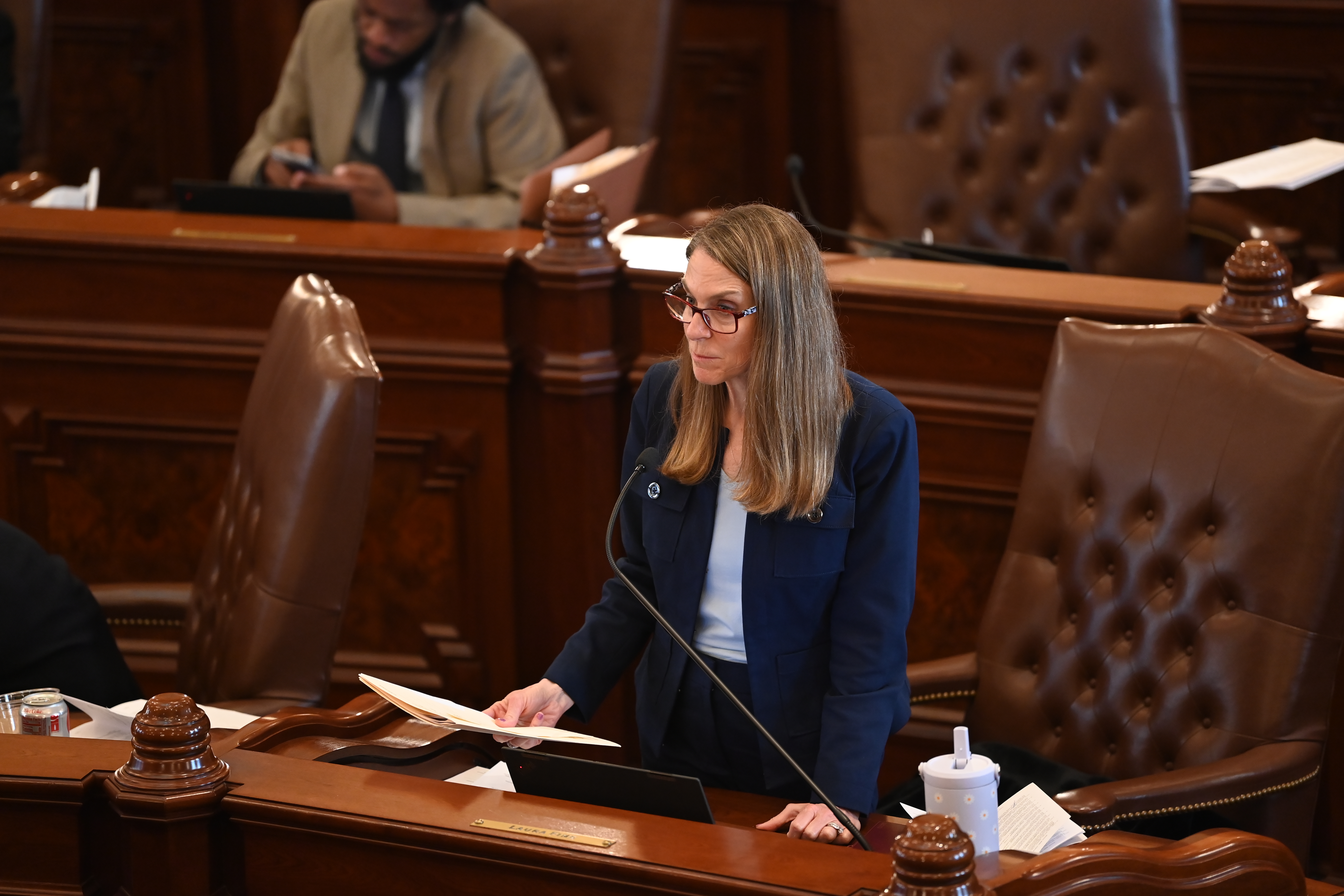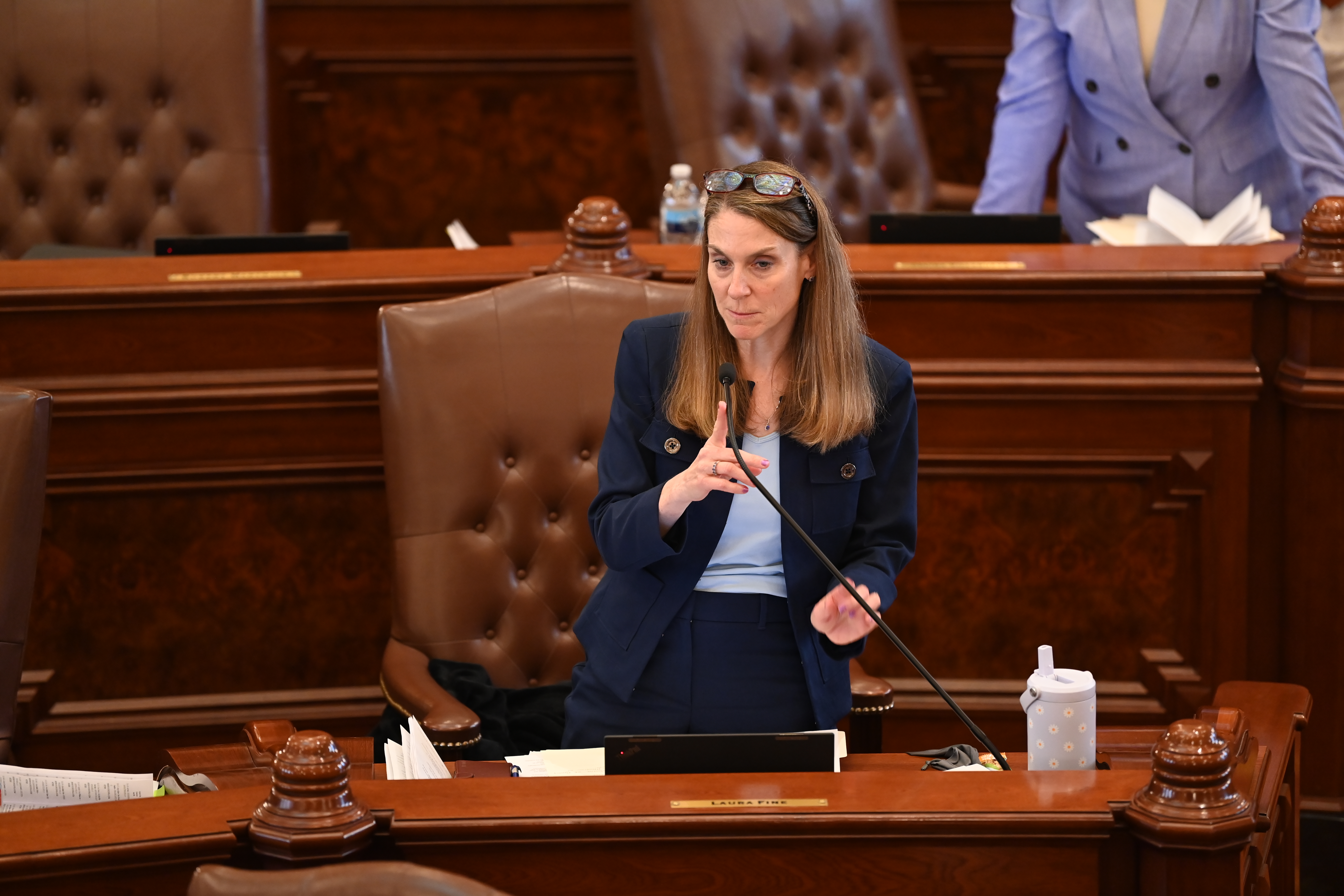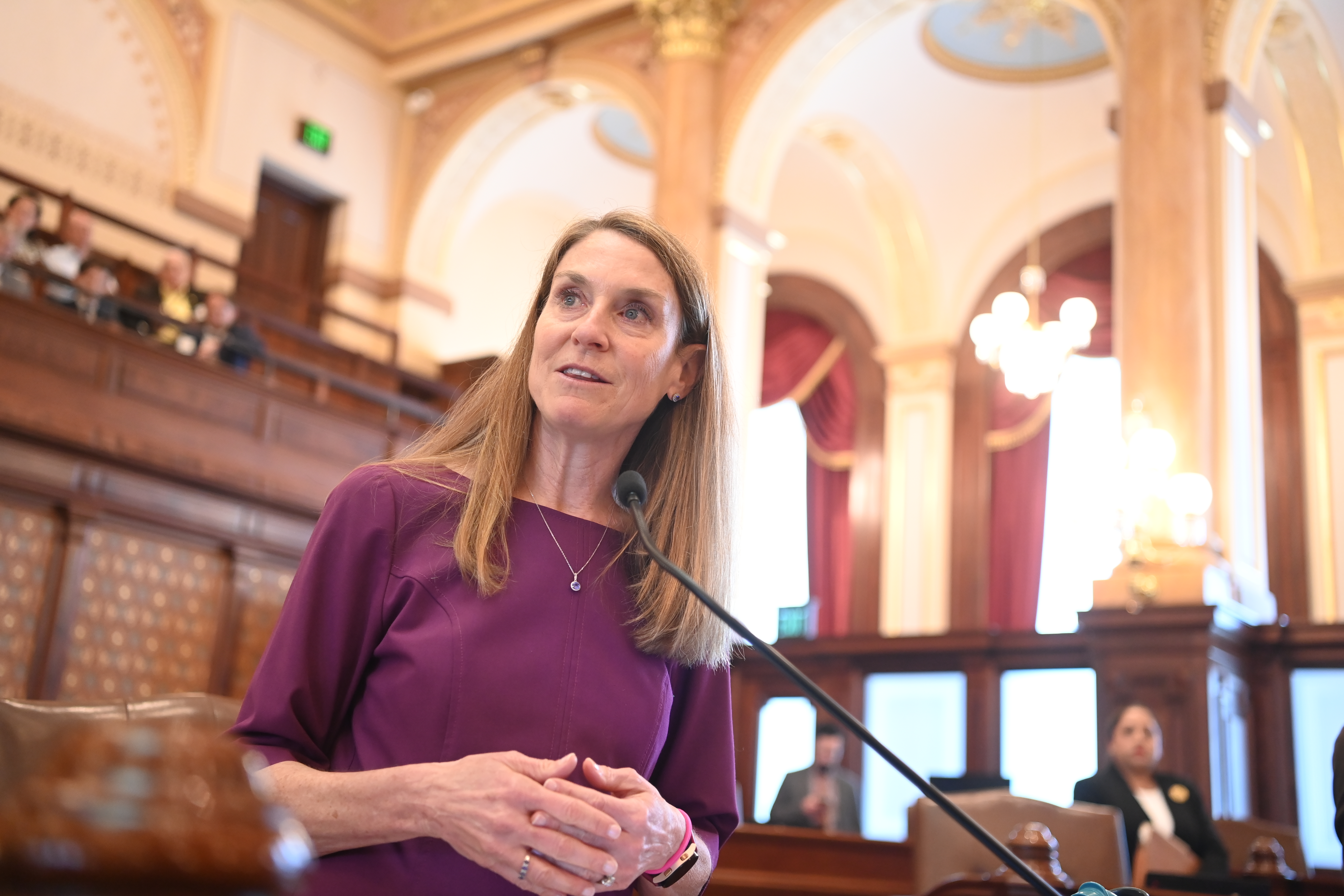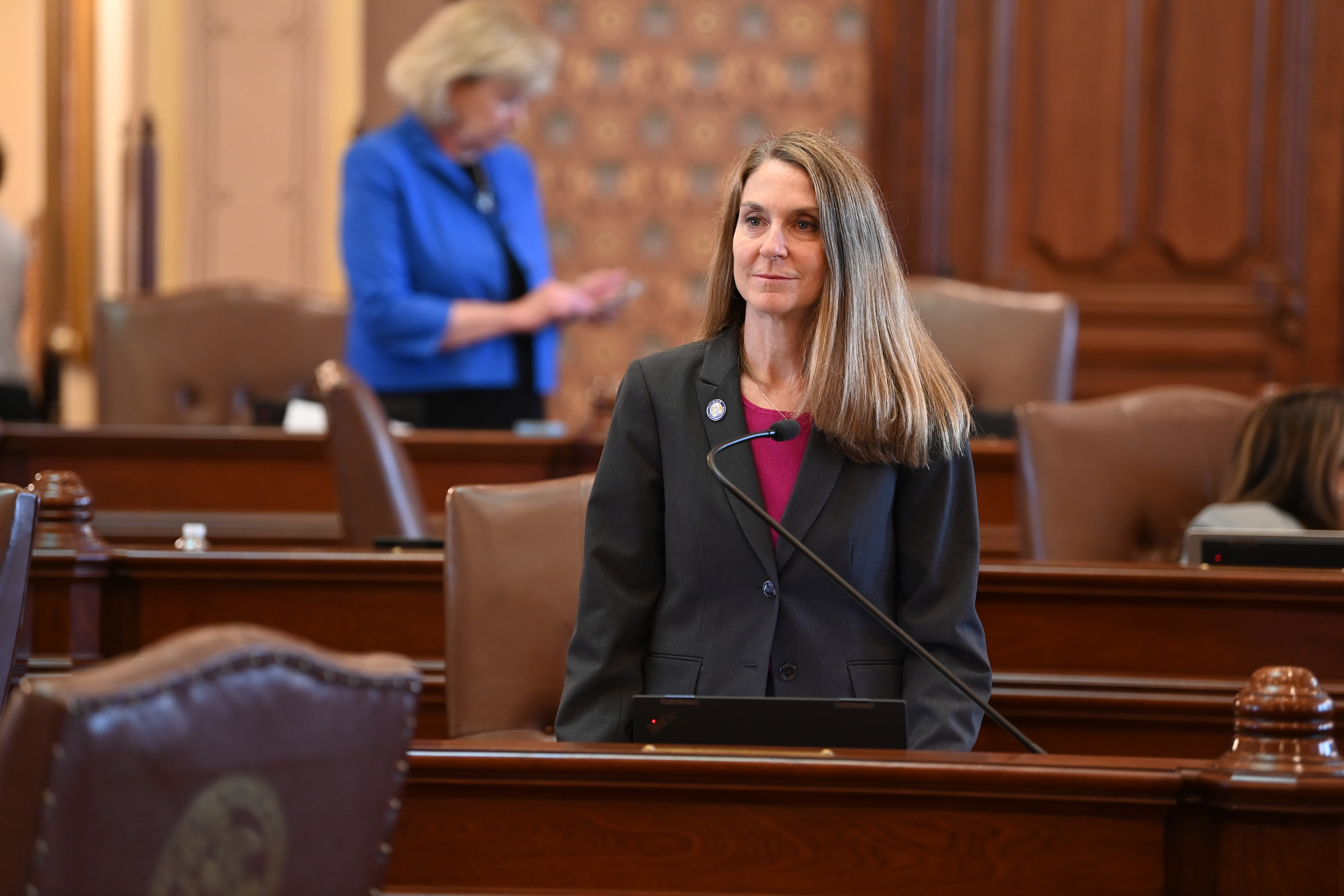Fine introduces measure to protect Illinois families from immigration enforcement overreach
- Details
- Category: Press Releases

“Making sure that people feel safe in our communities, schools, and hospitals is our responsibility as lawmakers in Illinois,” said Fine (D-Glenview). “This bill gives teachers, essential healthcare workers, and law enforcement the tools to do their jobs while keeping our neighborhoods safe from fear-based enforcement and federal overreach."
This legislation includes several key provisions:
Senator Fine's enhanced opioid overdose reporting measure becomes law
- Details
- Category: Press Releases

“Opioid overdoses impact the lives of thousands of Illinoisans every year,” said Fine (D-Glenview). “Additional data and transparency is critical to implement future life-saving measures.”
Expanding on existing requirements for overdose reporting, Fine’s law ensures all municipalities report overdoses using the Overdose Detection Mapping Application Program tool – a free web-based tool that works to provide the most up-to-date suspected overdose surveillance data to support public safety and health efforts. This law requires the Illinois Department of Public Health to work with stakeholders to utilize overdose data collected by EMTs to identify areas of need and bolster harm reduction efforts. It also strengthens patient protections to ensure ODMAP data is used to guide public health strategies, not for law enforcement purposes.
Read more: Senator Fine's enhanced opioid overdose reporting measure becomes law
Senator Fine's law invests in employee rights
- Details
- Category: Press Releases

“We can only strengthen Illinois’ workforce and attract new talent when workers are guaranteed a fair and respectful environment,” said Fine (D-Glenview). “Those who experience or witness harassment or discrimination must feel safe and supported when coming forward.”
Building on existing protections against workplace discrimination and harassment, Fine’s law includes crucial safeguards in the workplace by prohibiting employers from imposing unlawful restrictions on their employees through workplace confidentiality agreements.
Senator Fine law expands transparency for health insurance plans
- Details
- Category: Press Releases

“Educating people about legislative mandates that may affect their coverage helps them make informed financial and medical decisions,” said Fine (D-Glenview). “To ensure their health care needs are adequately met, enrollees must have access to this vital information.”
Senate Bill 1346 expands transparency in two crucial ways. First, the law requires insurers to provide a benefits information card indicating whether the plan is regulated by the state Department of Insurance. This helps consumers know whom to contact if they encounter issues with their coverage. Second, this law expands the list of required information provided to enrollees to include any newly enacted state coverage mandates. The Illinois Department of Insurance will be required to post an annual report on its website with this information.
Read more: Senator Fine law expands transparency for health insurance plans
More Articles …
Page 2 of 78








